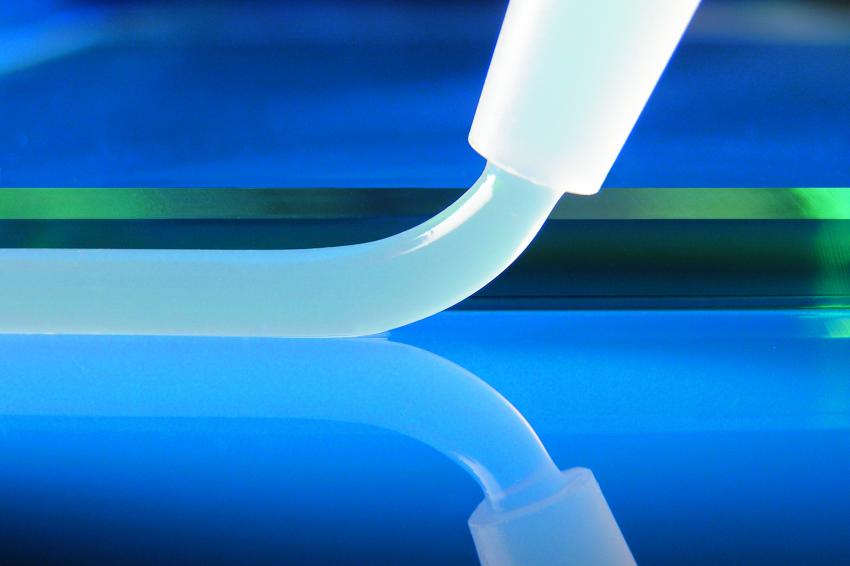Evonik and Wynca in China Fumed Silica JV
28.08.2018 -
Evonik Industries is forming a joint venture with China’s Wynca to produce fumed silica. The German group will hold a 60% stake in the jv Evonik Wynca (Zhenjiang) Silicon Material.
The partners will invest a “mid double-digit million” euro sum to build an 8,000 t/y plant in the Zhenjiang New Material Industry Park in Jiangsu province. The facility will use Evonik’s technology with start-up scheduled sometime in 2021. The project still requires approval from the relevant corporate bodies and authorities.
Wynca is also expanding its capacity to 300,000 t/y for organochlorosilanes, a raw material used to make Evonik’s Aerosil fumed silica, and a small part of this expansion will supply the jv.
The companies said the venture will supplement Evonik’s global Aerosil network, while Wynca plans to further expand its business with silicon-based products.
“The production site for silica in China will enable us to supply our high-quality products to the growing Asian market with significantly shorter transport routes,” said Johannes Ohmer, member of the board of management of Evonik Resource Efficiency.
The global market for fumed silica is growing at around 5% per year, according to Evonik. Key drivers for the Chinese market include the silicone industry for adhesives and sealants in buildings and cars as well as gel batteries such as those used in electric bikes.
Precipitated and fumed silica are among Evonik’s “Smart Materials”, one of four strategic growth engines it has identified for above-average market growth and margin potential.
The Essen-based group has been strengthening its global silica footprint in recent years. In September 2017, it paid $630 million to buy J.M. Huber’s silica business and in December 2016 announced plans to build a world-scale precipitated silica plant in Charleston, South Carolina, USA. Start-up was scheduled for this year.
Other Evonik projects include a fumed silica expansion in Antwerp, Belgium, with the extra output due to go online in the summer of 2019, and a 40,000 t/y capacity increase for precipitated silica in Adapazari, Turkey, for start-up in 2020.





